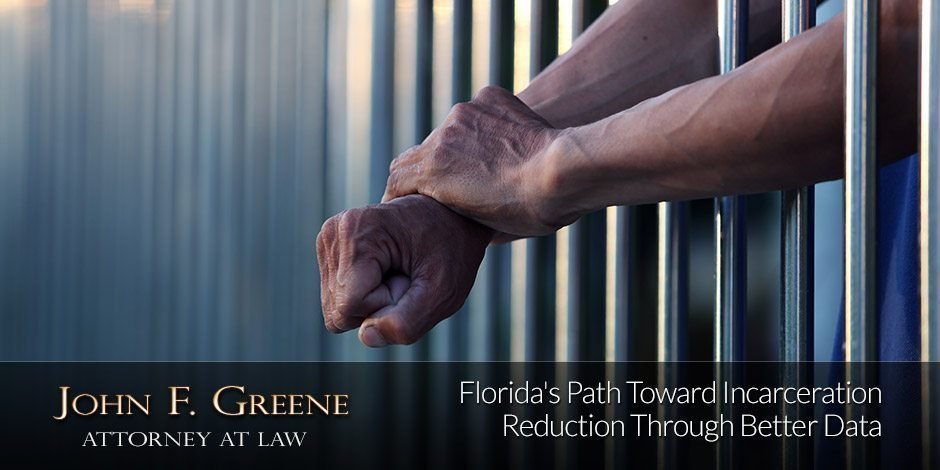
More than 2.2 million Americans are currently in prison or jail, and more than 155,000 of those individuals are imprisoned in the state of Florida. Despite the fact Florida’s crime rate is falling, the incarceration rate remains too high as the prison system struggles with the rising annual costs of prison operation.
As with so many problems, grappling with and reducing Florida’s incarceration issues starts with collecting reliable information. For this reason, accountable justice and taking the steps needed to reduce these issues in the state requires data that makes the Florida justice system more transparent, efficient and fair for all of its citizens.
How Data Can Help Reform Criminal Justice
The President’s Council of Economic Advisers recently issued a report on how economics plays a role in incarceration. Included in this report was critically important information on the success of diversion programs (drug courts) and how these programs are used to increase public safety, all while keeping people out of prison.
The report made it clear that counties that push more criminal defendants into diversionary programs like drug courts have higher rates of success when it comes to keeping those defendants out of the prison system. More pointedly, these counties have better results with regards to the voiding of convictions as well.
Deborrah Brodsky, the director of the Project on Accountable Justice, specifically cited a Florida county that rarely defers or diverts criminals in the manner just described. This anonymous county often sends defendants to jail, even for nonviolent and lower-level offenses. Sadly, these policies have had a harmful effect on the community, as the policies place a significant financial burden on the communities as well as law enforcement. In a neighboring county where defendants are deferred regularly, prison populations are reduced and community life is improved.
Instead of merely collecting data on how many Floridians move in and out of the prison system, data should be used to examine the entire criminal justice system from the top on down. Solving community problems and getting individuals the help needed before they are entered into the prison to become another statistic will help Florida implement effective diversion programs that make Florida communities safer.
Examples of such programs include:
- Specialized Drug Treatment Centers
- Mental Health Services
- Veterans Courts
Equipping these programs with the tools and resources needed to improve lives and entire communities, big data can be used to push Florida and the nation in the directions needed for effective reform.
In the meantime, Florida defendants in many communities continue to face the risk of incarceration. If you have been charged with a crime that could lead to jail time or incarceration, you need the help of a Florida criminal defense lawyer who will work to have your sentence reduced or dismissed. John F. Greene is just such an attorney.
From his office in Destin, John represents defendants in Destin and defendants throughout Northwest Florida and the Emerald Coast, including Okaloosa, Walton, Santa Rosa and Bay Counties. He also represents defendants who are charged with crimes in the communities of Destin, Niceville, Santa Rosa Beach, Fort Walton Beach and Panama City.
Contact John F. Greene or call 850-424-6833 for a legal consultation with a Florida criminal defense lawyer who will fight to get your criminal charges dismissed or reduced so you can spend time with your family instead of inside a Florida jail or prison.









